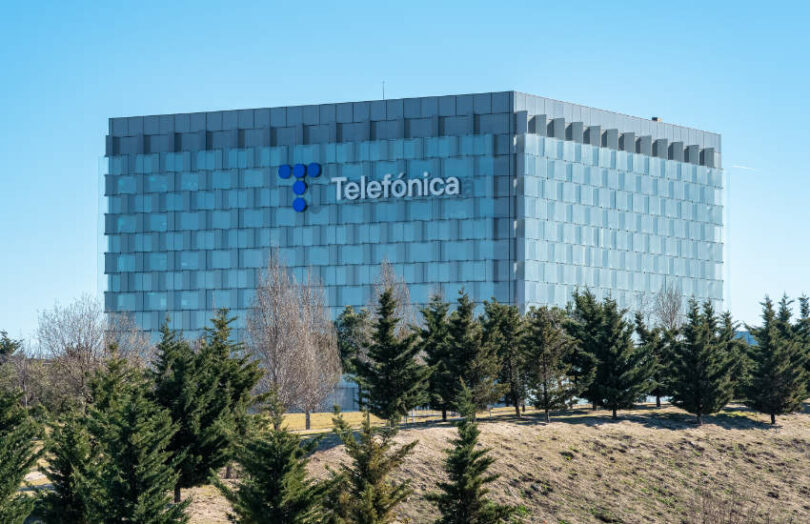Today Telefónica announced an alliance with Chainlink Labs to enable smart contracts to access data from a SIM swap API. Fraudsters often use SIM swapping to get hold of one time passwords to hack accounts. The SEC notoriously lost control over its X account through a SIM Swap and the hackers posted the Bitcoin ETF approval news a day early.
The telecoms association GSMA has developed several GSMA Open Gateway APIs, including one for SIM swaps. Accessing this API could enable smart contracts to avoid potential financial fraud by checking if the SIM was recently swapped. Vivo (Telefónica Brazil) is the first carrier in the group to use the integration, enabling smart contracts on the Polygon blockchain to access the SIM SWAP API via the Chainlink oracle network.
“Bringing Telefónica’s OpenGateway APIs onchain with Chainlink Functions unlocks novel use cases and greater security for our industry that ultimately better protect users and their assets,” said Johann Eid, Chief Business Officer, Chainlink Labs.
The challenge with smart contracts accessing external data such as this is that it makes an attractive target to hack. Hence, Chainlink operates a decentralized oracle network (DON) to spread the load, and the nodes come to a consensus about the data provided.
Yaiza Rubio, Chief Metaverse Officer at Telefónica, said this is “the first use case of the GSMA Open Gateway SIM Swap API, which positions us as a Web3 enabler and will allow us to accompany developers towards the web of the future.”
Vivo is using a new Chainlink feature, which is still in beta testing mode, Chainlink Functions. It enables smart contract requests to use secret values, such as API keys, and uses multi-party decryption.
How it works
For example, if a smart contract wants to access an API, it might need an API key that can’t be stored on the chain. Using Chainlink Functions, the off-chain application running the smart contract converts the API key to a set of encrypted secrets. These are sent to the nodes on the off-chain decentralized oracle network (DON). This secret data can only be decrypted through coordination amongst the DON nodes and the nodes can then access the API.
Meanwhile, Chainlink has increasingly been targeting real world applications and mainstream institutions. It recently collaborated with another telco, Vodafone and Sumitomo for a trade solution involving electronic bills of lading. Plus it collaborated with Swift and several traditional financial institutions (TradFi) for a blockchain interoperability.






